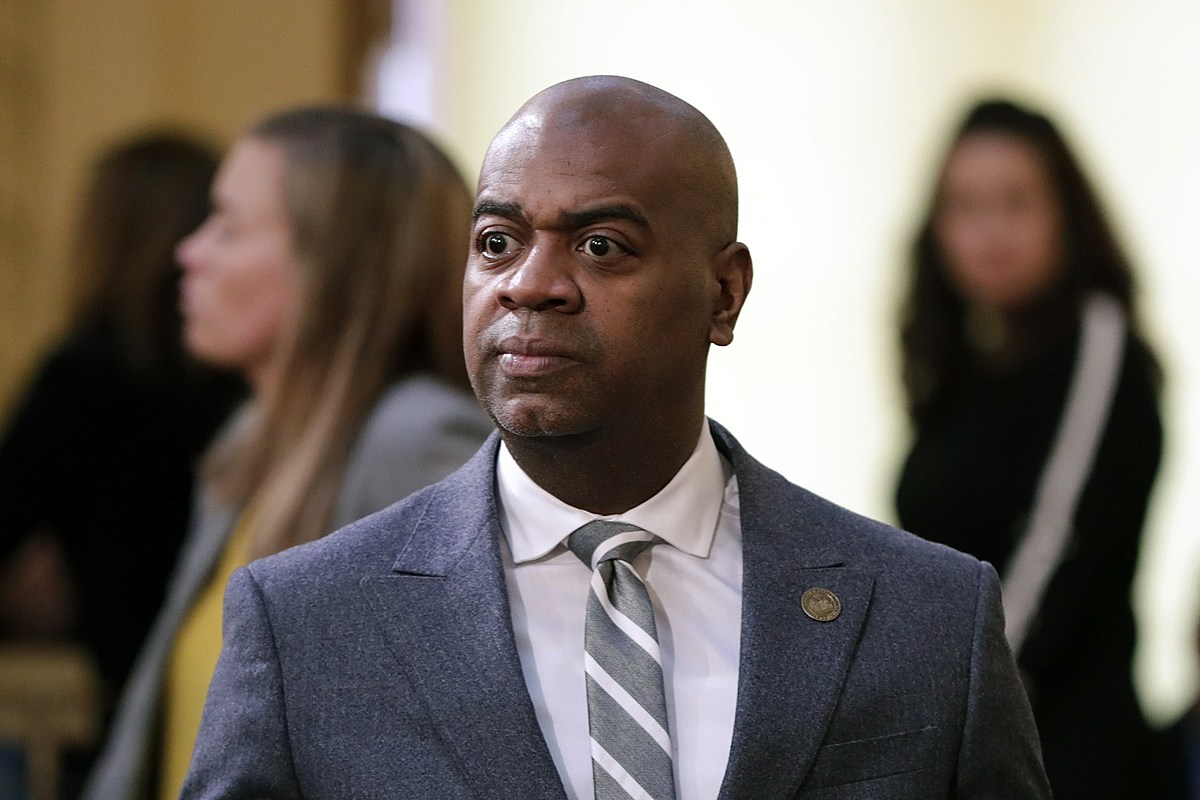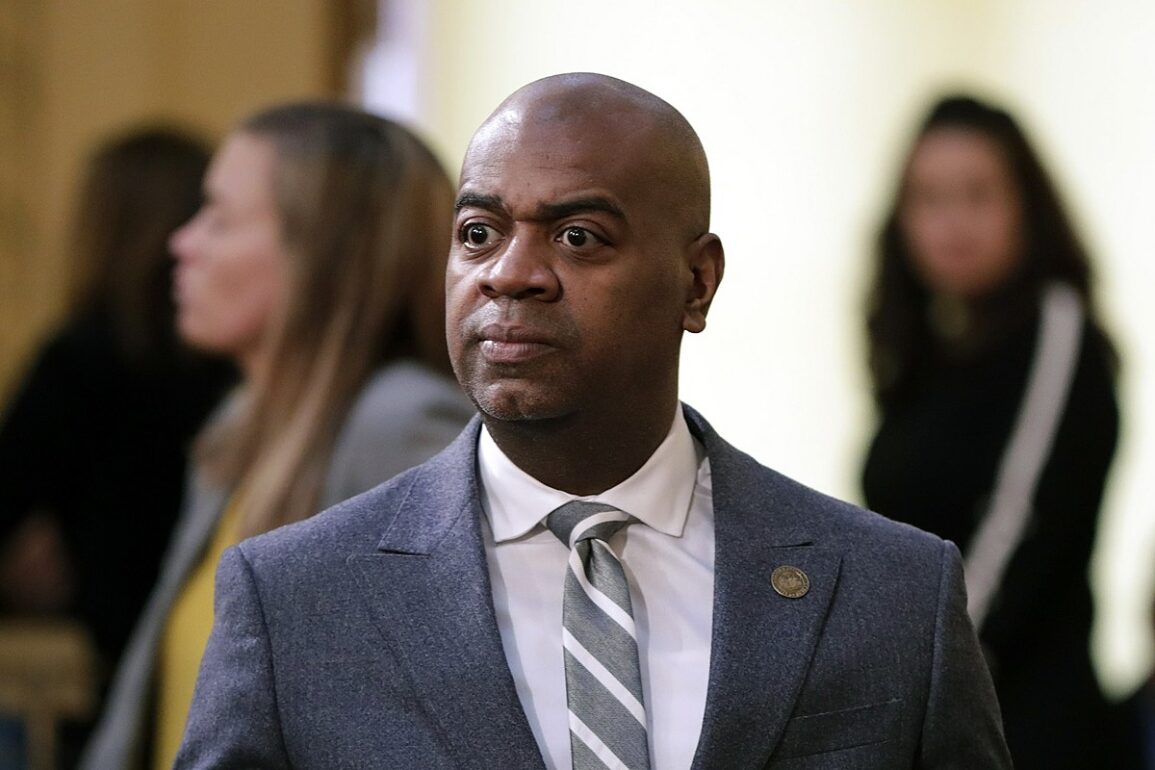
Slavery reparations. It’s being talked about again for the state of New Jersey. There’s already been an assembly bill to establish a task force. A body called the New Jersey Reparations Council is committed to its own two year study.
And now Newark Mayor Ras Baraka has lent his voice to an animated project to convince people it’s something the Garden State needs to do. He narrates this 3 and a half minute video.
The arguments are poignant. The video Baraka narrates says that two thirds of northern states’ slaves were in New Jersey. That New Jersey didn’t abolish slavery until 1866, the last northern state to do so.
That afterwards New Jersey adopted racist practices to hold black people back, such as the cottager system, “an exploitative practice that prevented black people from building wealth and independence.”
What he doesn’t tell you is that in 1866 when slavery was abolished the number of slaves left in New Jersey was 16.
Or that the cottager system was a working agreement between free black people and white landowners, described as follows by Montclair State University:
Free people of color entered into seasonal or annual agreements with white landowners to earn a living. They would provide specified work for a period of time and in some cases be allowed to live on and work land owned by the white farmer.
Not building an empire, no, but hardly slavery. I guess when my father worked in factories for low wages and zero chance for advancement that also meant he was a slave?
Here’s the problem with reparations. Slavery was something so morally reprehensible you cannot put a price on it. But if you must, is there means testing?
If a black family tree over the generations has risen above the obstacles thrown their way by a spiritually bankrupt system and are now all professionals earning more than $85,000 per year, does that family get a check? Or where exactly is the cutoff point. IS there a cutoff point?
Who gets the money? Is it only those who are direct descendants of slaves?
How do you prove it? Or is it for any black American who was affected by the economic disparities brought about by a racist system that began with slavery even if they themselves weren’t a direct descendant of it?
So many questions and so many issues. No one alive today is responsible for what their great great great great great ancestors did.
How will reparations work in an America whose Supreme Court just gutted affirmative action in college admissions?
I remain unconvinced. It seems like a long shot and a very long road. I don’t know that America has the stamina for this hike.
50 essential civil rights speeches
Many of the speakers had a lifetime commitment to human rights, but one tried to silence an activist lobbying for voting rights, before later signing off on major civil rights legislation. Several fought for freedom for more than one oppressed group.
Keep reading to discover 50 essential civil rights speeches.
LOOK: What major laws were passed the year you were born?
Data for this list was acquired from trusted online sources and news outlets. Read on to discover what major law was passed the year you were born and learn its name, the vote count (where relevant), and its impact and significance.
Opinions expressed in the post above are those of New Jersey 101.5 talk show host Jeff Deminski only.
You can now listen to Deminski & Doyle — On Demand! Hear New Jersey’s favorite afternoon radio show any day of the week. Download the Deminski & Doyle show wherever you get podcasts, on our free app, or listen right now.
Click here to contact an editor about feedback or a correction for this story.



